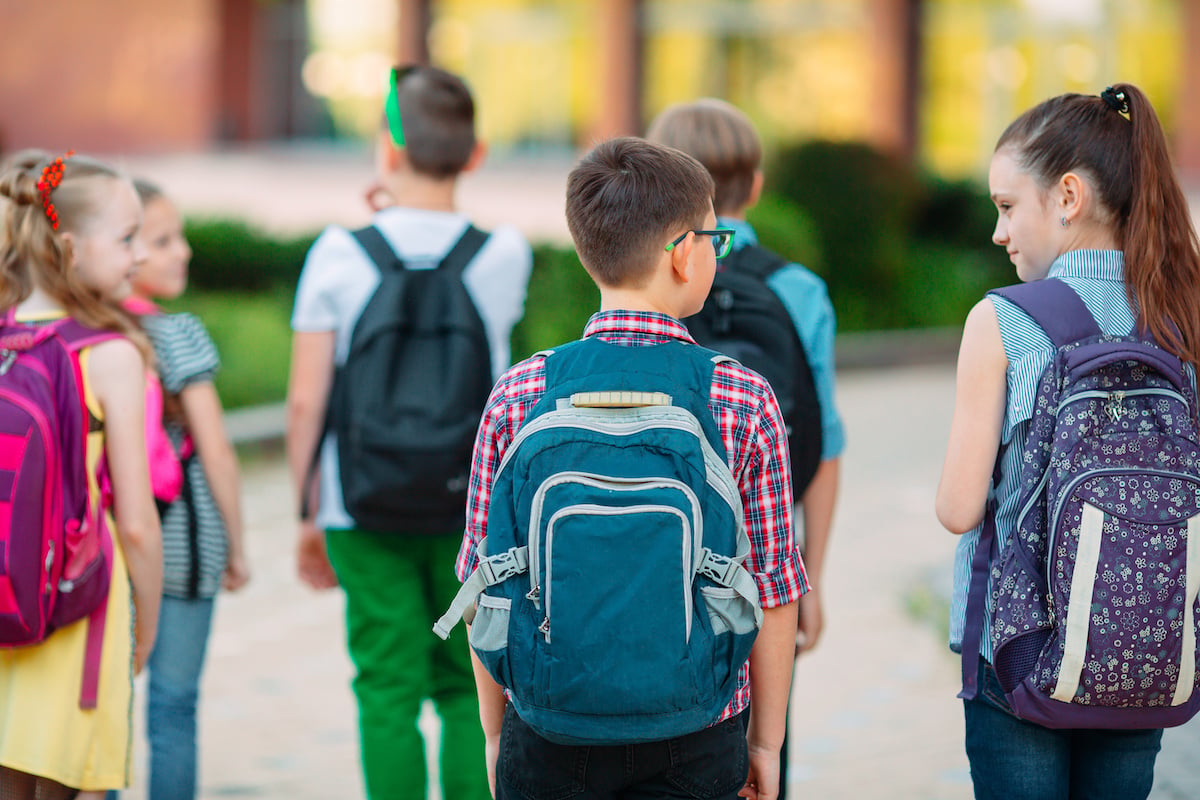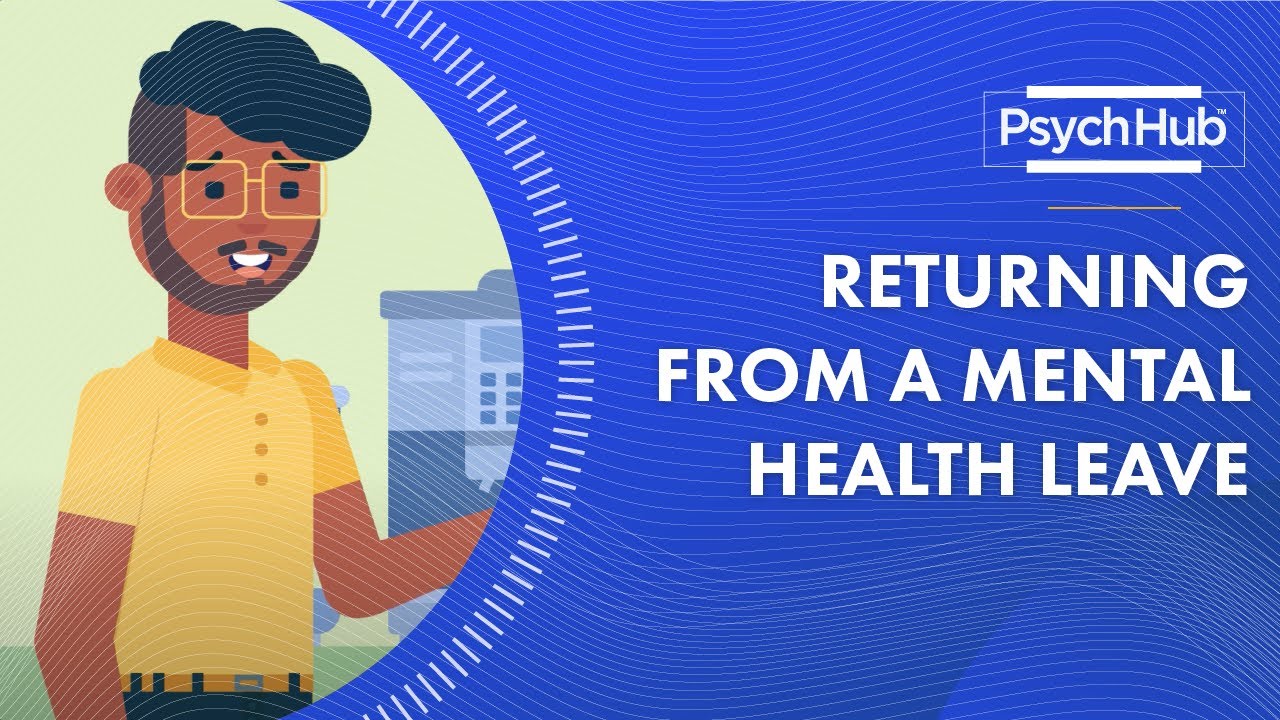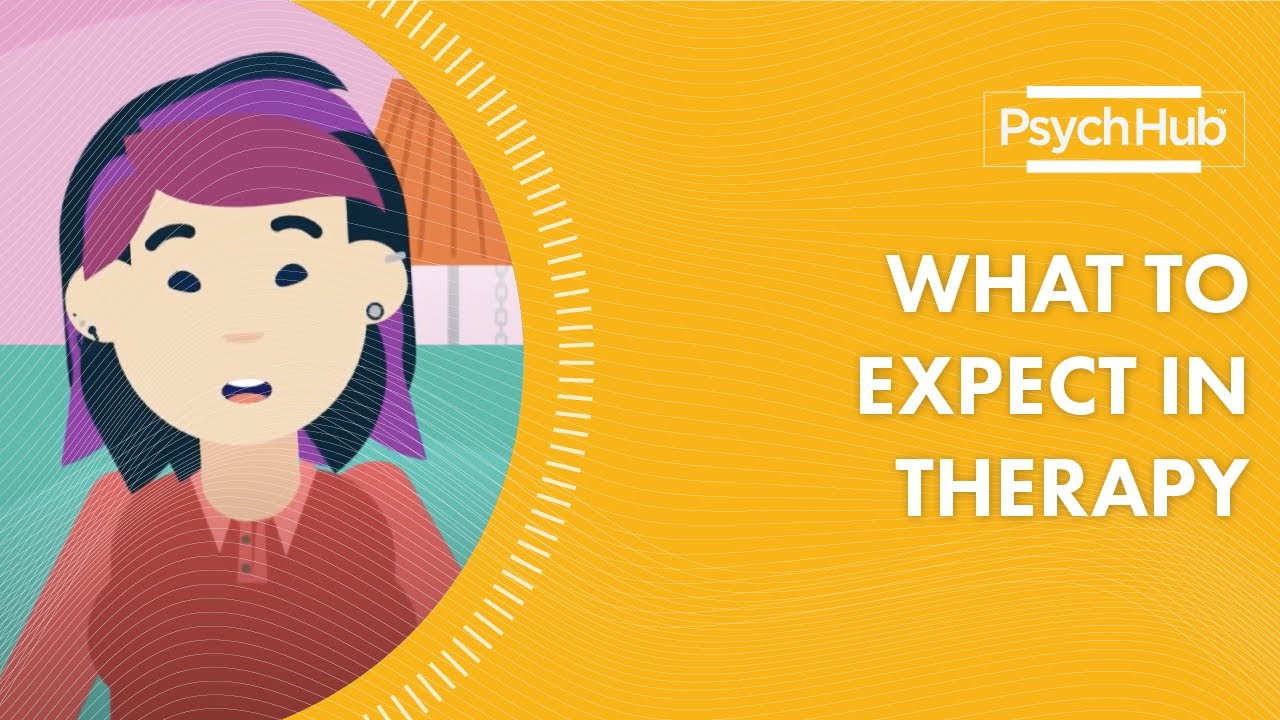Is it challenging for your child to navigate stress and maintain mental well-being amidst their academic pressures? The concept of school-based mindfulness programs might hold the key to unlocking better mental health for students.

School-Based Mindfulness Programs May Boost Kids’ Mental Health
Teaching children mindfulness in schools has shown promising results in enhancing their mental health, and potentially, their academic performance. This conclusion comes from a comprehensive review of more than three dozen research studies focused on school-based mindfulness interventions.
What Is Mindfulness?
Mindfulness is about paying full attention to the present moment and cultivating an open, non-judgmental awareness. By practicing mindfulness, individuals learn to notice their thoughts, feelings, and sensations without being overwhelmed or overly reactive.
Key Components of Mindfulness
The fundamental aspects of mindfulness involve:
- Awareness of Breathing: Paying close attention to the act of breathing.
- Bodily Sensations: Noting body sensations without judgment.
- Mental States: Observing thoughts and emotions without attaching to them.
- Emotional Regulation: Managing emotions in a balanced manner.
Why Implement Mindfulness in Schools?
Children and adolescents face unique mental health challenges due to academic pressures, social dynamics, and personal growth. Introducing mindfulness in schools offers a structured approach to help them manage stress and emotional turmoil effectively.
Benefits of School-Based Mindfulness Programs
The review by Tina Marshall and her team at the Maryland research organization Westat brings to light several advantages of mindfulness programs:
- Enhanced Emotional Awareness: Students develop a clearer understanding of their emotions.
- Greater Resilience: Mindfulness practices foster resilience, enabling students to bounce back from challenges.
- Reduced Stress: Regular mindfulness exercises can decrease stress levels.
- Improved Clarity: Students experience better decision-making and problem-solving abilities.
- Lower Depressive Symptoms: Mindfulness interventions can reduce symptoms of depression.
- Decreased Self-Hostility: There is a notable reduction in negative self-talk and self-criticism.
- Less Rumination and Avoidance: Students learn to avoid overthinking and unhealthy coping mechanisms.
Review of School-Based Mindfulness Programs
Marshall and her colleagues reviewed 41 studies published between 2008 and 2022. Each study had at least two mindfulness components, for instance, a combination of breathing awareness and body sensation awareness. They identified 24 unique interventions, out of which three showcased strong evidence of effectiveness:
- Learning to BREATHE
- Mindfulness in School Project (MiSP)
- Mindfulness-Based Stress Reduction (MBSR)
Target Age Groups
Participants in these studies were primarily middle and high school students. These programs encompassed awareness of breathing, bodily sensations, mental states, and emotional regulation.

Effectiveness in Younger Students
Some programs also demonstrated effectiveness in elementary school children. Interventions like the Gaia Program, MindUP, and a combination of MBSR with mindfulness cognitive therapy showed promising results. These programs typically emphasized:
- Kindness
- Empathy
- Compassion
- Gratitude
Positive Outcomes from Mindfulness Training
The table below illustrates the positive outcomes linked to mindfulness training across different age groups:
| Outcome | Middle/High School Students | Elementary School Students |
|---|---|---|
| Emotional Awareness | Improvement | Improvement |
| Resilience | Greater resilience | Not specified |
| Stress Reduction | Decrease in stress | Decrease in stress |
| Clarity | Improved clarity | Not specified |
| Depressive Symptoms | Lower depressive symptoms | Not specified |
| Self-Hostility Reduction | Less self-hostility | Not specified |
| Rumination Reduction | Decrease in rumination | Not specified |
| Kindness | Not mentioned | Promoted |
| Empathy | Not mentioned | Promoted |
| Compassion | Not mentioned | Promoted |
| Gratitude | Not mentioned | Promoted |
Need for Further Research
While the studies reviewed highlight significant benefits, few research efforts have examined the effectiveness of mindfulness interventions among children from underserved populations. This gap underscores the need for further research to guide decision-makers in choosing cost-effective and inclusive mindfulness programs for all students.
Conclusion
Mindfulness programs in schools offer a promising strategy for enhancing student well-being and mitigating long-term mental health issues. By focusing on emotional regulation, stress reduction, and self-awareness, these programs can foster a healthier and more positive environment for children to learn and grow.
If you are interested in exploring more about mindfulness and its benefits, refer to resources like Psychology Today for an in-depth understanding.
Ultimately, fostering mindfulness in school settings not only benefits the individual students but contributes to a more nurturing and empathetic educational environment for all.




